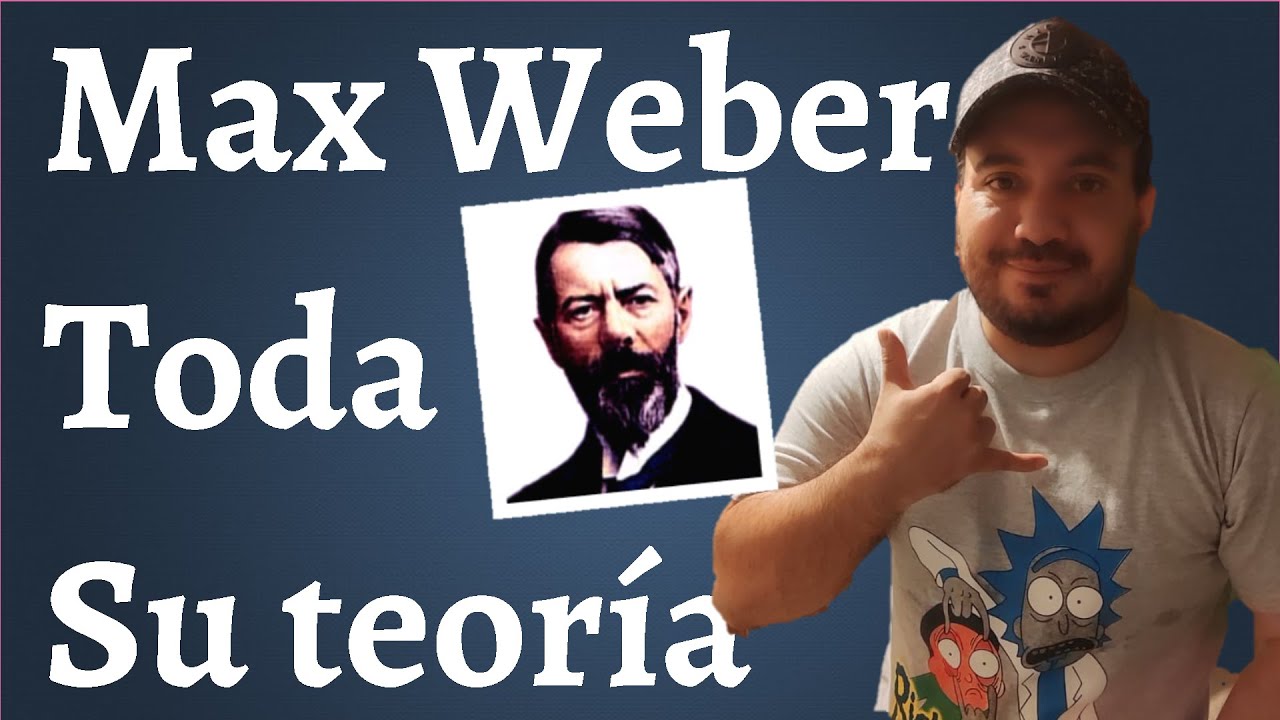VIDEOAULA - SOCIOLOGIA: SOCIOLOGIA DO DESENVOLVIMENTO
Summary
TLDRIn this video lecture, Professor João Saraiva discusses the sociological theories of development and underdevelopment, focusing on the dynamics of capitalism, the rise of neoliberalism, and its impact on developing nations. He explores how capitalism promotes inequality, consumerism, and dependency, and addresses the role of organizations like CEPAL in rethinking Latin America's development. The video also touches on the challenges posed by globalization and neoliberal policies, emphasizing the need for sustainable development and better wealth distribution to alleviate social and economic crises, especially in countries like Brazil.
Takeaways
- 😀 The video discusses the theme of sociology of development, focusing on why certain nations develop while others do not.
- 😀 Capitalism, which emerged in the modern era, is central to understanding the structure of society, with private property, profit maximization, and industrialization being key characteristics.
- 😀 Karl Marx's critique of capitalism suggests that it leads to social inequalities and encourages an unrestrained consumerism that equates happiness with consumption.
- 😀 The African, Asian, and Latin American continents have historically been exploited, leaving some nations economically disadvantaged.
- 😀 In 1948, the UN established CEPAL (Economic Commission for Latin America and the Caribbean) to address the development challenges faced by these regions.
- 😀 Key figures in Latin American development studies include Celso Furtado, Fernando Henrique Cardoso, and Raul Prebisch, who contributed to theories of underdevelopment and paths to overcoming it.
- 😀 The theory of dependence highlights how peripheral nations, often with passive roles in global trade, are dependent on wealthier nations, limiting their development potential.
- 😀 The concept of globalization is linked to the rise of neoliberalism in the 1980s, emphasizing minimal state intervention and the promotion of privatizations and free markets.
- 😀 Neoliberal policies prioritized economic growth but led to increasing inequalities, benefiting wealthy individuals and corporations while marginalizing poorer populations.
- 😀 In the 21st century, new policies focusing on reducing inequality and addressing social exclusion emerged in response to the failures of neoliberalism, aiming to develop the working-class and underserved groups.
- 😀 Despite being one of the world's largest economies, Brazil faces significant challenges, such as wealth distribution and the need for improved governmental budget management to ensure equitable development.
Q & A
What is the main theme of the lesson discussed in the transcript?
-The main theme of the lesson is the sociology of development, focusing on why some nations develop while others do not, within the context of capitalism.
How does the capitalist mode of production impact society according to the script?
-The capitalist mode of production promotes private property, the pursuit of profit, and free market dynamics, leading to significant societal inequality and a focus on consumerism as a measure of happiness.
What are the criticisms of the capitalist system mentioned in the lesson?
-Karl Marx's criticism highlights that capitalism reproduces social inequalities and encourages rampant consumerism, which is falsely equated with happiness in capitalist societies.
Which regions or continents have been historically neglected under capitalism?
-Africa, parts of Asia, and Latin America have been historically neglected, with their resources exploited, leading to economic underdevelopment.
What is the significance of the establishment of CEPAL in 1948?
-The establishment of CEPAL (Economic Commission for Latin America and the Caribbean) in 1948 aimed to rethink the development strategies of Latin America and the Caribbean, addressing the region's economic challenges.
Who were some of the key researchers associated with CEPAL, and what did they contribute?
-Key researchers such as Celso Furtado, Fernando Henrique Cardoso, Raul Prebisch, and others contributed significantly to the theories of development and underdevelopment, focusing on the economic realities of Latin America.
What is the theory of dependency discussed in the transcript?
-The theory of dependency explains how peripheral countries' underdevelopment is exacerbated by their trade relationships with richer, industrialized nations, where the peripheral countries' resources are exploited to serve the interests of the wealthy nations.
What was the concept of 'state minimalism' in neoliberalism introduced in the 1980s?
-State minimalism, a key feature of neoliberalism, involved reducing the state's role in the economy, emphasizing privatization of state-owned enterprises, cutting public spending, and focusing on the strengthening of financial institutions.
How did the rise of neoliberal policies impact developing countries?
-Neoliberal policies often led to increased inequality, weakened social services, and exacerbated the plight of the working class in developing countries, while benefiting the wealthy and powerful nations.
What is the main focus of the next lesson as indicated in the transcript?
-The next lesson will focus on globalization, the influence of technology and communication, and the economic and political realities of a globalized world, with particular attention to the role of economic blocs like Mercosur.
Outlines

This section is available to paid users only. Please upgrade to access this part.
Upgrade NowMindmap

This section is available to paid users only. Please upgrade to access this part.
Upgrade NowKeywords

This section is available to paid users only. Please upgrade to access this part.
Upgrade NowHighlights

This section is available to paid users only. Please upgrade to access this part.
Upgrade NowTranscripts

This section is available to paid users only. Please upgrade to access this part.
Upgrade NowBrowse More Related Video

Theoretical Debates in Sociology: Modernity and Late Modernity (Sociology Theory & Methods)

ECONOMICS in a Global Age [AP World History Review—Unit 9 Topic 4]

kuliah daring kurikulum 2025

Pengantar Sosiologi- (Seri 4)-Herbert Spencer

Principales teorías sobre el desarrollo económico y social

Max Weber, Toda su Sociología
5.0 / 5 (0 votes)